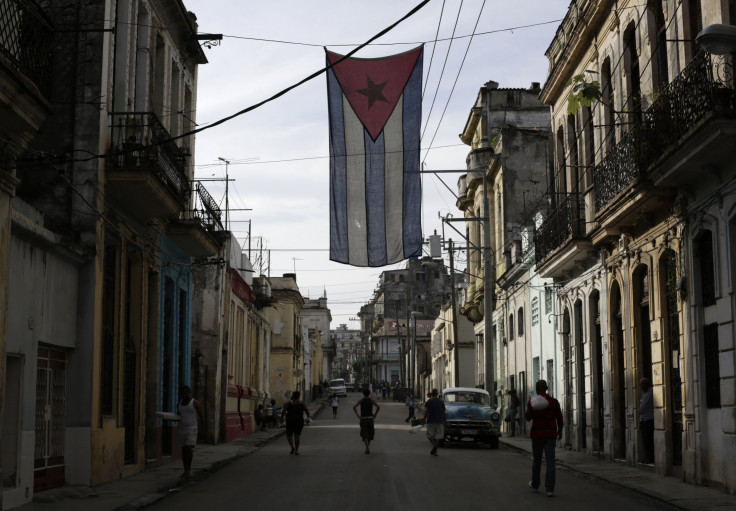Cuba Human Rights: Violations Persist As Political Dissidents Face Beatings, Arbitrary Arrest: Report

Despite having released dozens of political prisoners over the last four years, many of whom accepted exile as a condition of their freedom, Cuba remains one of Latin America’s most politically repressive countries, according to international watchdog group Human Rights Watch (HRW). The group found that political dissidents who criticize the government routinely face criminal prosecution and that government officials use fear tactics including beatings, public shaming and threats of imprisonment to keep naysayers in check.
Reports of arbitrary arrests increased from 2,100 in 2010 to 3,600 in 2013, according to HRW's 2013 report, which also found that arrest orders are hardly ever presented during arrests and detainees may be held for several hours or even days without outside communication. Political prisoners are commonly denied parole after their minimum sentences are completed, the report found, and Cuba’s prisons are overcrowded and unclean, with prisoners who are often malnourished and suffer from illnesses.
With regard to press freedom, HRW's report states that all media outlets in Cuba are tightly controlled by the government, which inhibits access to outside information. Journalists and human rights defenders are frequently barred from moving freely or congregating. The steep costs and limited availability of Internet access mean few Cubans can go online to read independent news sources. Havana also punishes news outlets that criticize the government.
Cubans rely on monthly government-subsidized food rations to survive and human rights groups have pointed to frequent food shortages they say fuel a thriving black market for food.
U.S. leaders in negotiations with Havana over easing decades-old trade embargoes and opening up Cuba’s borders to American travelers are aware of the Cuban government’s violations and have urged Havana to improve its human rights policies. "As a central element of our policy, we pressed the Cuban government for improved human rights conditions, including freedom of expression,” Roberta Jacobson, the top U.S. diplomat for Latin America, told reporters on Thursday during a press briefing in Havana. Some have wondered whether Cuba’s human rights issues would derail historic negotiations.
American officials announced last week several policy shifts aimed at softening Cold War-era hostilities between Cuba and the U.S. In December, Cuba began its release of 53 political prisoners as part of a deal with Washington.
© Copyright IBTimes 2024. All rights reserved.






















